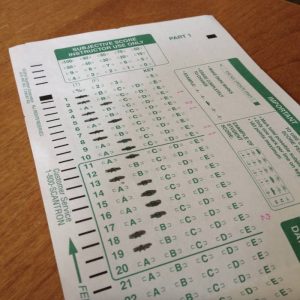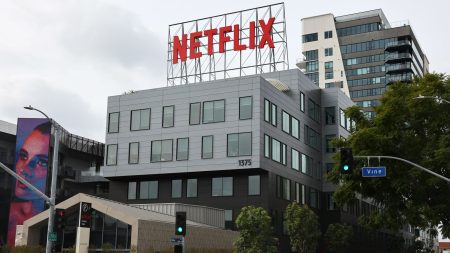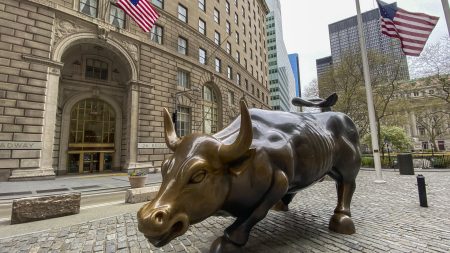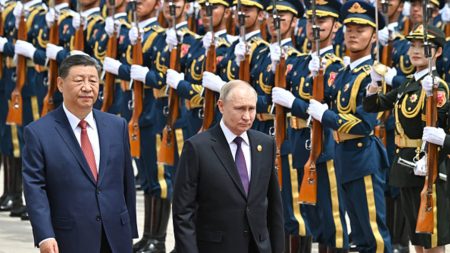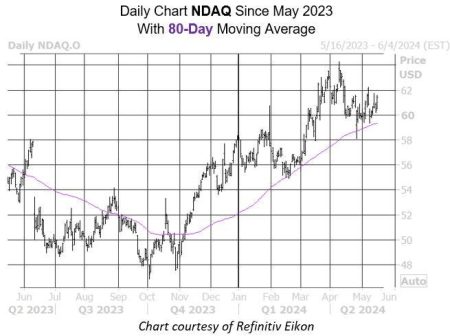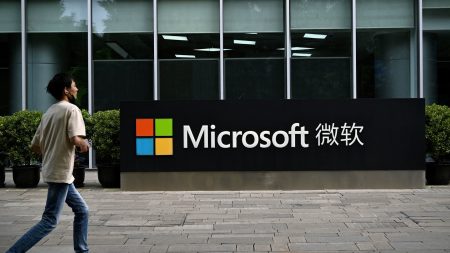The Ivy League, long seen as the pinnacle of American higher education, is losing its reputation as the producer of top talent. Recent trends on Ivy League campuses, including controversial policies and grade inflation, have led to a decline in the perception of Ivy League graduates among employers. A survey of hiring managers conducted by Forbes revealed that a significant number are now less likely to hire Ivy League graduates compared to five years ago. This shift in perception is a result of the changing landscape of higher education and a growing recognition of the value of graduates from other institutions.
The decline in the perceived value of Ivy League degrees is not limited to specific industries but is a trend that crosses sectors. Employers are increasingly looking to public university graduates and graduates from good non-Ivy League private colleges as viable candidates. The ability to adapt to different situations and backgrounds is seen as a key attribute that non-Ivy League graduates possess due to their diverse experiences at public and private universities. This shift in hiring trends highlights a growing preference for graduates who are well-prepared and driven, regardless of their alma mater.
The Forbes survey also revealed that state universities and non-Ivy League private colleges are seen as doing a better job of preparing job candidates compared to Ivy League institutions. The focus on standardized test scores and selectivity in admissions at these institutions has contributed to their success in producing graduates who are ready for the workforce. This contrast underscores the importance of objective measures of success in evaluating the quality of higher education institutions and their graduates.
In response to the changing landscape of higher education, Forbes has identified the “New Ivies,” which are the 10 public universities and 10 ascendant private colleges that are now seen as the producers of smart, driven graduates sought after by employers. These institutions stand out for their high standardized test scores and selectivity in admissions, which are key indicators of their ability to produce top talent. The recognition of these schools as the new frontrunners in higher education represents a shift in the perception of prestigious institutions among employers.
The emergence of the “New Ivies” does not mean that Ivy League institutions have completely lost their prestige. However, they have faced criticism for their missteps in admissions policies and grade inflation, which have undermined the value of their degrees in the eyes of employers. This shift in perception serves as a warning to students and employers alike to reconsider their assumptions about the value of Ivy League education. As students make decisions about where to attend college, they may want to consider the changing dynamics of the higher education landscape and the evolving preferences of employers.
Overall, the Forbes survey reflects a broader trend in the perception of higher education institutions and their graduates. The focus on objective measures of success, such as standardized test scores and selectivity in admissions, has become a key factor in evaluating the quality of graduates and their readiness for the workforce. The rise of the “New Ivies” signals a shift in the hierarchy of prestigious institutions and highlights the importance of adaptability and preparedness in today’s competitive job market.

